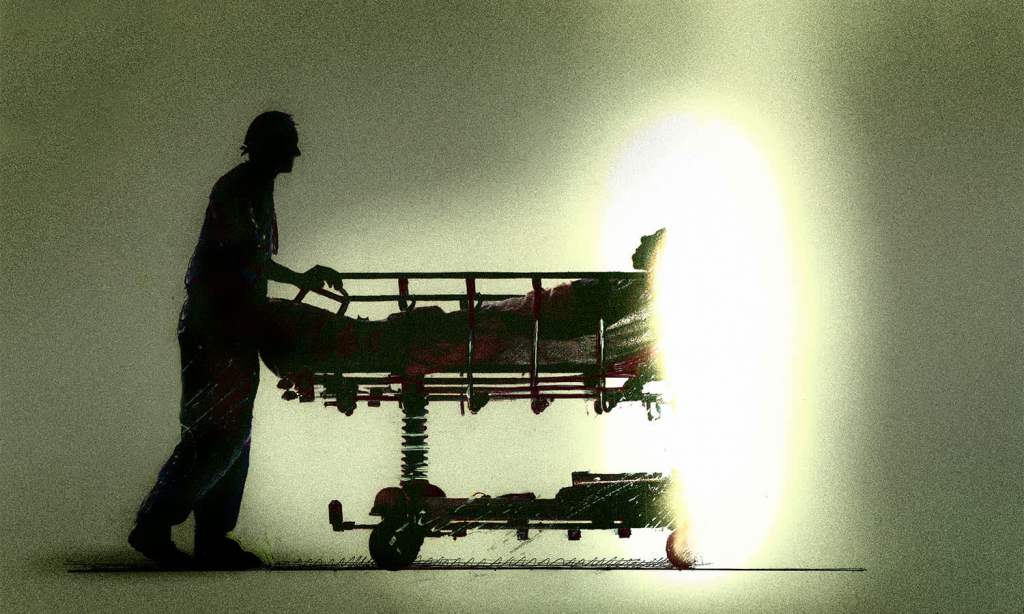An 87-year-old man in the United States was being treated in intensive care after a fall. He had undergone surgery and was in an okay condition for the following two days when doctors hooked him up to an electroencephalogram (EEG) which detects electrical activity in the brain to see how he was responding to the treatment.
During the scan, he suddenly underwent cardiac arrest, passing away shortly after.
What doctors didn’t realise at the time was that they had just captured the first-ever EEG images of a brain in its final moments.
When reviewing the data, researchers noticed something strange in the 30 seconds either side of the patient’s final heartbeat. In these final minutes, the EEG recorded a surge in specific brainwaves; those associated with meditation, dreaming, and memory.
The first-of its-kind look into the transition between life and death in a human brain gives support to the theory that life flashes before your eyes right before you die.
The study noted that, after cardiac arrest, as the patient’s heart began to slow and cease beating, a number of brainwaves in other frequencies saw a decline along with neural activity. However, high-frequency brainwaves, known as gamma oscillations, increased. This appeared to last until after blood flow had ceased to the brain, suggesting that death is less of an on-off process and more of a gradual transition that our bodies undertake.
The researchers note that this patient had suffered brain injury due to the fall and that, with a sample size of one, it’s hard to generalise this data as a universal experience. However, they also write that similar changes have been observed in the brains of rats as they die and that this is likely to therefore not be unique to this one man.
Dr Ajmal Zemmar, a neurosurgeon at the University of Louisville, who organised the study, said: “Through generating oscillations involved in memory retrieval, the brain may be playing a last recall of important life events just before we die, similar to the ones reported in near-death experiences.
“These findings challenge our understanding of when exactly life ends and generate important subsequent questions, such as those related to the timing of organ donation.”
While death and the thought of loved ones dying is an awful thought, Zemmar added that it’s likely the transition into death is a peaceful and possibly joyous one.
“Something we may learn from this research is: although our loved ones have their eyes closed and are ready to leave us to rest, their brains may be replaying some of the nicest moments they experienced in their lives,” she said.
Read more stories from The Latch and subscribe to our email newsletter.







